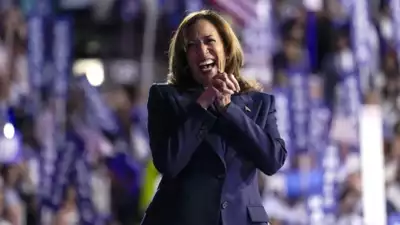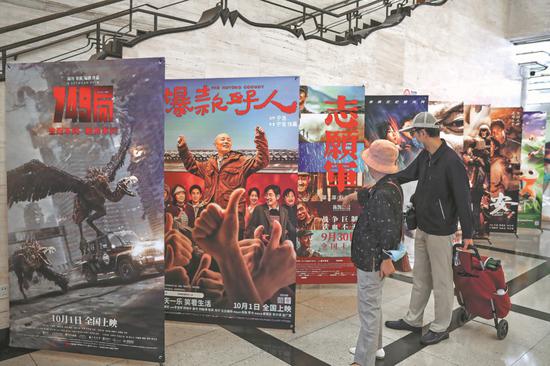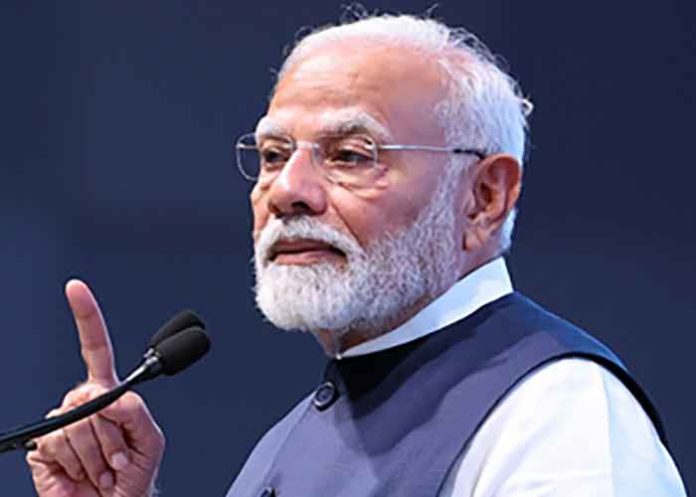
A social media account linked to Vice President Kamala Harris ' campaign has come under fire for repeatedly posting misleadingly edited videos and captions, specifically aimed at former President Donald Trump . The @KamalaHQ account, which has over 1.3 million followers on X (formerly Twitter), has been criticized for clipping videos out of context and adding captions that misrepresent Trump's statements.
Operating as the campaign’s official " rapid response page," the account frequently posts humorous or irreverent content to highlight comments made by Trump and his allies. However, several instances reveal that this approach has led to the spread of inaccurate or deceptive information. For instance, misleading posts suggested Trump was confused about his location at rallies and misrepresented his comments on immigration and Charlottesville.

These posts were quickly debunked as missing critical context, altering the original meaning of Trump’s statements. Below are eight examples of @KamalaHQ's misleading posts since mid-August: Trump's Location Confusion: An August 17 post suggested Trump was confused during a rally in Pennsylvania, where he supposedly addressed North Carolina. The full footage, however, showed Trump was acknowledging a group of North Carolina supporters in the crowd, not mistakenly identifying his location.
Immigration Comments Misrepresented: A post on September 5 clipped a portion of Trump's comments on immigration, omitting important context that showed Trump was addressing specific increases in Haitian migration in Pennsylvania. Charlottesville Remarks: A post on September 6 falsely suggested Trump defended the 2017 Charlottesville neo-Nazi rally. In reality, the full clip showed Trump was defending his controversial "very fine people" remark, not condoning violence.
JD Vance's Veterans Healthcare: A post inaccurately quoted Trump running mate JD Vance as supporting the privatization of veterans’ health care. The full quote revealed Vance was discussing increasing veterans’ options to choose private healthcare, not eliminating VA care. Monument Laws Misrepresented: Another post falsely attributed Trump's discussion of monument protection laws to a future political plan, when in fact Trump was recounting past actions regarding existing laws.
Tax Cut Comments Edited: A post on September 5 deceptively clipped Trump's tax comments, making it seem like he was only offering tax cuts to the wealthy. However, the full speech included mentions of eliminating taxes on tips and Social Security benefits, which would benefit a broader population. Union Stance Misrepresented: JD Vance’s comments on unions were also clipped to omit his full position, which was pro-union.
The misleading post suggested Vance admitted Republicans were anti-union, but the full statement showed Vance distinguishing himself and Trump from that characterization. Trump Ally’s Power Comments: A post falsely connected a Trump ally’s remarks about power to Project 2025, a right-wing policy plan. The person in question, Jack Posobiec, did not mention the project in his interview, and the clip was mischaracterized by the Harris campaign.
While the Harris campaign defends many of these posts, critics argue the edits and omissions create a distorted view of Trump and his allies’ comments, fuelling disinformation in the political discourse. These incidents demonstrate the challenges of rapid-response social media campaigns and raise questions about the ethical responsibilities of political campaigns in presenting factual information to the public..










